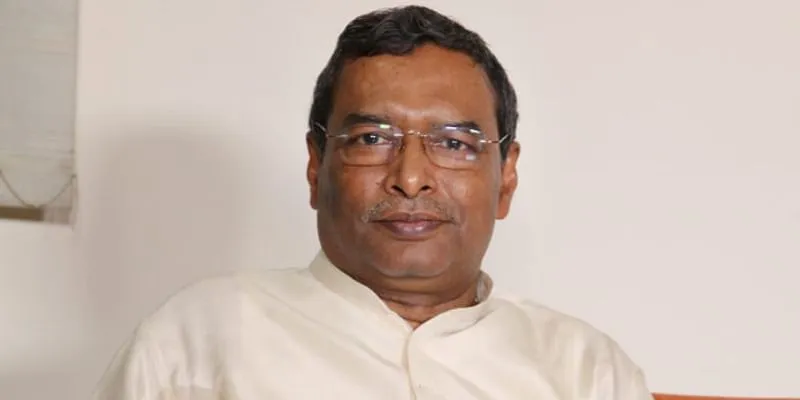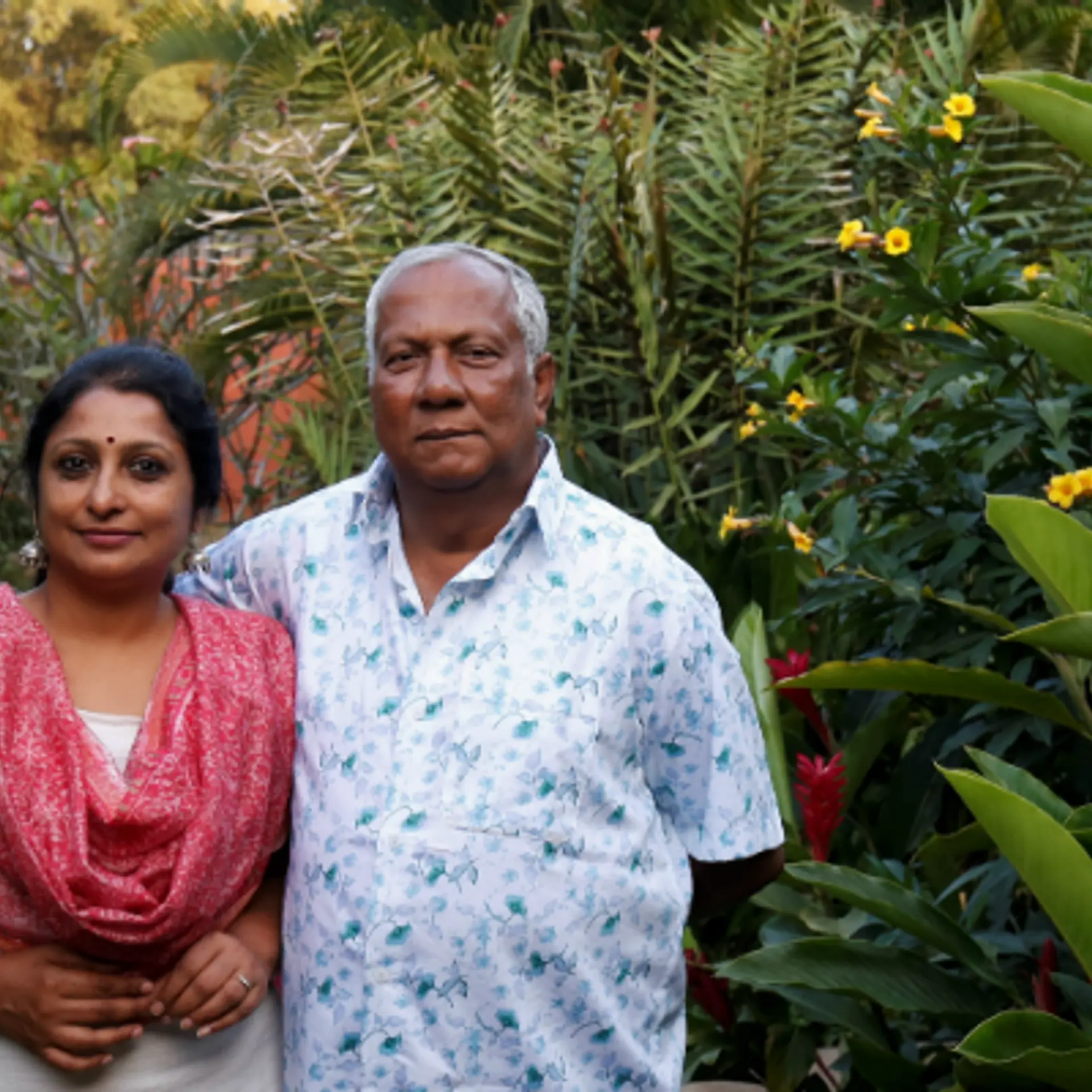Here’s how Indian SMBs are helping people in the time of their need: top SMBStories of the week
This week SMBStory came across the businesses that are growing tremendously with an approach to help people in the time of coronavirus.
From converting the production line of manufacturing to make polyester-spun swabs for COVID-19 testing to organising the gold buying sector, the Indian small and medium business industry is growing rapidly with a vision to organise the respective industry, while fulfilling the need and demand of the consumers. Here are the top SMB Stories of the week.
Suparshva Swabs

For the last few weeks, India has been detecting thousands of positive COVID-19 cases each day. Enhanced testing has allowed the country to detect a higher number of new infections and expanded its testing capacity.
Initially, COVID-19 testing had been slow due to a lack of testing kits, high costs, logistical difficulties, among others. Now, the pace is picking up as laboratories and healthcare firms are coming together to battle the virus.
And Delhi-based Suparshva Swabs, which makes personal hygiene products such as cotton buds, cotton balls, and special swabs under the Tulips brand, is making a big difference towards this.
Till March 2020, polyester swabs for COVID-19 testing were not manufactured in India. They were imported from China or the US. With a rise in global demand for the swabs, it became more difficult and expensive to source them for domestic use.
To solve this problem, the family business converted its 100 percent cotton processing lines at its Ghaziabad factory to produce polyester-spun swabs on automatic production lines, all in just ten days.
“We are the first Indian company to develop special polyester spun swabs for COVID-19 testing. We started making two million polyester swabs a week, and grew it to five million a week towards the end of May,” says Rahul Jain, second-gen entrepreneur and partner at Suparshva Swabs.
White Gold

Rahul Joseph, Founder, White Gold
Apart from the Chinese, Indians buy more gold than any other global community. We believe in investing in gold due to its ease of buying and selling. Considered a symbol of security, the yellow metal also brings along good returns most of the time. It wouldn’t be incorrect to say that investing in gold has become traditional in many Indian families, irrespective of the region, and the culture seems to be here to stay.
There are plenty of options for people to buy gold. However, their options seem to be limited when on a lookout to sell the same in their time of need.
Seeing the gap and the huge opportunity in this market, Rahul Joseph founded White Gold in 2017. In an interaction with SMBStory, he says,
“Gold buying as a concept was novel to the Indian market. Previously people used to exchange old gold for a piece of new jewellery or pawn it off to the goldsmith for a reduced value. We are the pioneers that set up an extensive network of branches to do this in an organised manner.”
White Gold has a network of over 50 branches in two states — Karnataka and Kerala — and a team strength of over 100 employees. The company clocked Rs 83 crore turnover this financial year, and is on track to take it over Rs 100 crore.
Other top stories of the week:
White Gold

Ankur Shah, Co-founder and CEO, White Gold Technologies
“Got Milk?,” asked an iconic US campaign 25 years ago. “Piyo Glassful Doodh,” Amul advised Indians in the late 90s. Time may have elapsed since then, but the white, nutrient-rich liquid continues to be the go-to source of nutrition in many households across the world.
It may be a grocery staple, but milk adulteration is a common problem – especially in India. The addition of harmful substances like detergent, neutralisers, and water can lead to health problems.
Mumbai-based is working to resolve the milk adulteration problem with kiosks that test milk quality, and set a price that ensures dairy farmers are rewarded fairly.
The company was founded by Ankur Ashwin Shah and his friends, Sandeep Kadam and Suvendu Banerjee, in September 2017 with an initial investment of Rs 100 lakh. The name – White Gold – is derived from the fact that “milk is white and as valuable as gold.”
Ankur previously worked with companies that manufactured dairy equipment. Working with the dairy industry for almost two decades gave him clear insights into the issues the industry faces.
“I realised that the industry needed automation, and we needed to use some physical technology and connect farmers digitally,” he says. This thought led him to start his entrepreneurial journey.
The CAI Store

Dhanraj and Aradhana Minawala, Co-founders of The CAI Store
In a world plagued by the coronavirus, running a business, which does not fall under the ‘essentials’ category, is not an easy feat. Retailers all over the world have seen massive drops in sales, and supply chains have broken down.
While only a handful of retailers are expected to come out of the crisis relatively unscathed, those who were able to modify their operations and course-correct as the terrain changed, still lived to fight another day.
One such company in India that was able to quickly adapt to the unfolding coronavirus crisis is – a footwear company founded in 2015.
During the height of the crisis, the company says it has been able to lean on its online presence to come to its rescue.
“Even though the business has taken a hit, and cash on delivery (COD) has also been shut down, we are getting orders on a prepaid basis,” says Dhanraj Minawala, Co-founder of the company. The brand also had to shelve its plans to launch its retail store in June due to the pandemic.
Snack Amor

One of the many things that unite the human race is our mutual love for snacking. Particularly in India, where evening tea is a ritual, snacking perfectly accompanies the beverage, and helps quell midday cravings.
Unfortunately though, snacking isn’t the healthiest habit given the food items we’re used to consuming – fried potato chips, samosas, and jalebis, among other things.
There has been a radical change in attitudes towards eating healthy in India over the last decade, and that has given birth to a whole new healthy-snacking industry. The sector has been growing at breakneck speed, but recently, people have been emphasising on nutrition too, which was absent from earlier, so-called “healthy” snacks.
Snack Amor, a Mumbai-based company, touts itself as a brand that lies on the intersection of taste, affordability, and health.
A healthy snack company, Snack Amor was bootstrapped until it raised an undisclosed amount in funding in March this year from investors, including Tarek Sadi, Funding Managing Director of Endeavor, Lebanon, and an active investor and advisor to VC funds; Michael Cooke, Senior Vice President, ABB, Switzerland; Marc Deschamps, former MD and CEO of Jebson and Jesson, a leading distributor in South East Asia region; and Sapan Nainani, CEO of US-based food distribution company Mekor LLC.
It was founded in 2017 by Deepak Grover, and has tie-ups with companies such as WeWork, Reliance Retail, and Haiko.
Maharishi Ayurveda

Anand Srivastava, Founder, Maharishi Ayurveda
India has a long history of using the age-old practice of Ayurveda to treat human ailments. Also known as the ‘mother of all healing systems,’ Ayurveda was usually taught orally for thousands of years, and the knowledge has transcended through its followers.
The beginning of Ayurvedic company Maharishi Ayurveda also harks back to the time when Swami Brahmanand Saraswati, Shankaracharya of Jyotirmath, preached that ‘life is bliss,’ and that ‘life reflects itself in suffering and stress when people do not accord with nature.’
Maharishi Mahesh Yogi took it upon himself to spread this message, along with propagating the Vedic sciences like Yoga, meditation, and Ayurveda.
Incorporated in 1986, Maharishi Ayurveda was created by Anand Srivastava to rid people of their suffering, and thereby, create a ‘disease-free society.’
In an interaction with SMBStory, Anand says,
“I connected with Maharishi Ji in the 1970s and was a follower of his teachings. My inclination towards Ayurveda started from there, seeing the profundity of this science. Hence, with Maharishi Ji’s blessings, I thought to spread this knowledge and science by bringing forth Maharishi Ayurveda.”
The company started by setting up a manufacturing plant in SEZ Noida, and later expanded to Faridabad and Baddi in Himachal Pradesh. In 34 years, Maharishi Ayurveda diversified its product categories, and now clocks Rs 75 crore turnover annually. The company also exports to the US, Europe, Australia, and other international markets.
Edited by Suman Singh









